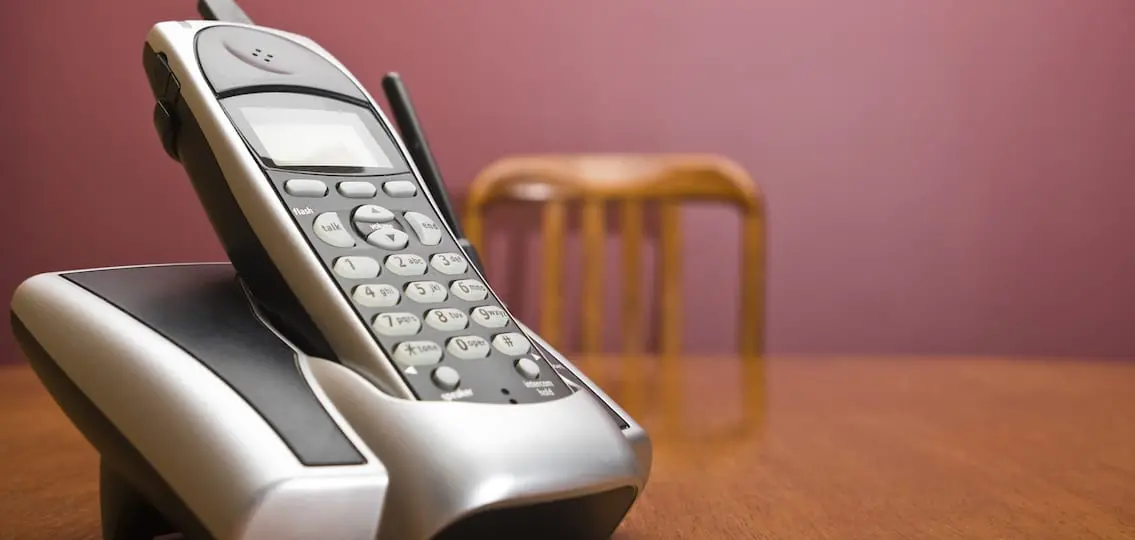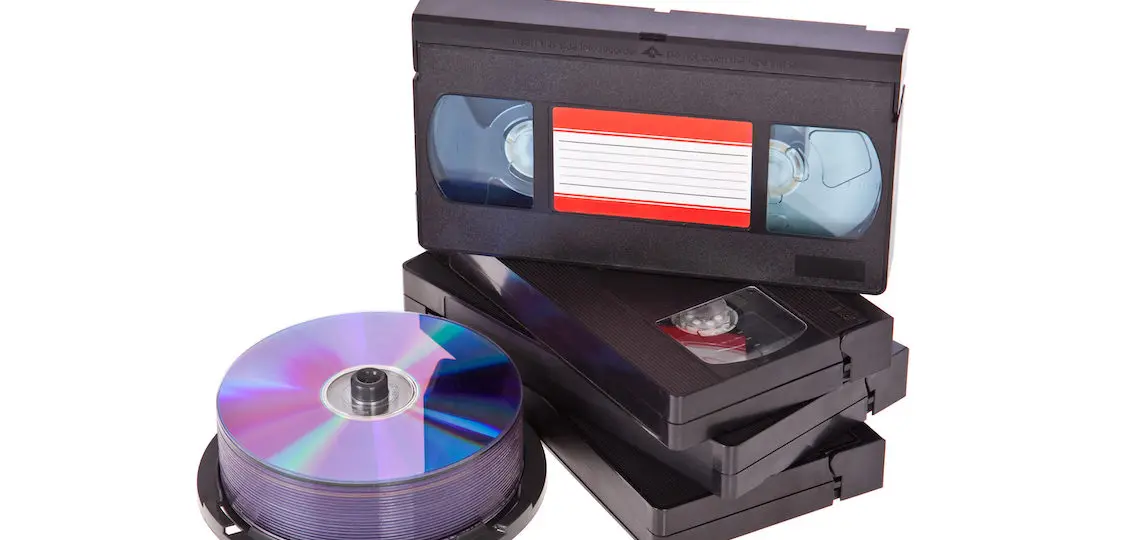I have always considered myself a clutter-free kind of gal. I’m the one who can’t go to bed until the kitchen is clean and everything is put away. I sort paperwork immediately and make good use of the recycling bin. I regularly go through my closet to gather what I no longer wear so I can pass it along to someone who can. As each of my children has aged out of the house, I have nudged (a euphemism for nagged) them to make their rooms look like no one lives in them.

Last weekend, we decided that the time had come to do some purging in our basement, which is where all the betwixt items go: the things that no one wants but that no one can bear to dispose of, either.
Well. It was a job—one that is far from complete, I might add. So. Much. Stuff.
As we sorted through the detritus, we realized how many things we had stored that are really, truly obsolete in this day and age. It stabs at my heart to “delete” these possessions from my life—especially when so many of them are things that I couldn’t have lived without when I was a teenager. But the 2020 truth is that I can never see myself—or anyone else—using these beloved but outdated items again.
Further conversations only confirmed what I suspected: we parents who grew up before smart phones and computers have basements filled with gear that’s time has passed aka outdated technology. Whether or not we’re ready to purge, well, that’s another question.
Beloved But Bygone: Outdated Technology
Here is a sampling of some items that I couldn’t have lived without when I was a teenager but are now all but extinct.
Thesaurus and dictionary
These incredible resource materials had a prominent place beside me for years. I can still remember learning how to use the thesaurus—as well as how satisfying it was to find the perfect word (as opposed to correct, exact, or right). What I can’t remember is the last time I picked one up since these features are standard fare on my electronic devices. Even though it feels a little bit like cheating to have synonyms at my fingertips, I confess that I have adapted so well that I get frustrated when I don’t have it available to me.
Maps and atlases
As a directionally-challenged person, I never left the house without a street atlas and the directions to where I hoped to go. I can still see the glove box stuffed with maps (remember how hard they were to fold back up?). Now I am so indebted and devoted to my GPS—which kindly tells me exactly where to turn so I don’t even need to think—that I have exactly zero maps in my car. And they’re not doing any good in my basement either.
Cookbooks
In high school and college, I spent many afternoons and evenings baking with friends. One friend knew her family’s chocolate cookie recipe by heart. But the rest of us searched through cookbooks for ideas—and then proceeded to spill ingredients right on the pages of the book. I even received a few classic cookbooks as wedding gifts—and no, I won’t part with them, even though I’m more likely to sift through food blogs and recipes online.
Corded telephones and answering machines
Quite similar to the teenagers we complain about today who cannot live without their phones, I was strongly connected to my phone, too. Literally, since it was attached to a tightly coiled cord that could not be unplugged. I unearthed two relics in our basement, one red rotary dial phone and one blue push button phone. There is a viral video making the rounds of teens being given a rotary phone and being challenged to make a phone call in a limited amount of time. The next time I need one of my kids to help me with my cell phone, I’m going to show them this video so they can appreciate my particular skill set. Nevertheless, I no longer have a landline. Which means that I also don’t need an answering machine, another lifeline in high school.
Phone books, address books, and Rolodex
Remember when you kept all of your friends’ and relatives’ phone numbers and addresses in a book or Rolodex? It was cool to flip to the correct letter of the alphabet and add someone’s name, address, and phone number to my book. And if I didn’t have that information, the Yellow and White Pages did. Now, those same contacts are stored in the phone that is in my pocket.
Electronics
This category is large: computer monitors, video cameras, CD players, cassette players, VHS players (remember Blockbuster?), even record players. And then, of course, there are the videos and CDs and cassettes and tapes and DVDs and records that have been replaced by streaming services and Spotify. I actually think that I might be able to live in a tiny house if I am able to part with these personality-revealing, memory-laden, so-cool-when-we-got-them belongings.
It turns out that despite the fact that books also are now available electronically, that’s where I draw the line. While I did pack up a few huge boxes of books I’d stashed for 25 years, I just couldn’t part with the novels and memoirs that sustained me as a teenager. There’s just something about these dogeared, underlined, yellowing pages.

On one hand, I feel sad that my own teenagers may never know how to read a map or use a thesaurus. These rites of passage, now considered outdated technology, made me feel that much more confident about my ability to navigate my world. But given the incredible access my kids have to information—and the convenience with which they can access it—I know they will find their way just like I did. I can’t even fathom the gadgets that they’ll have collected in their basements one day.



